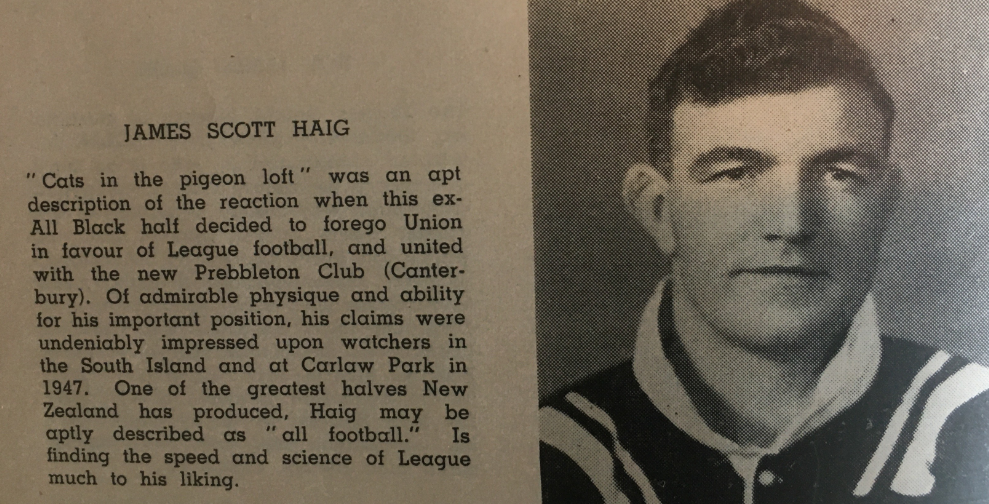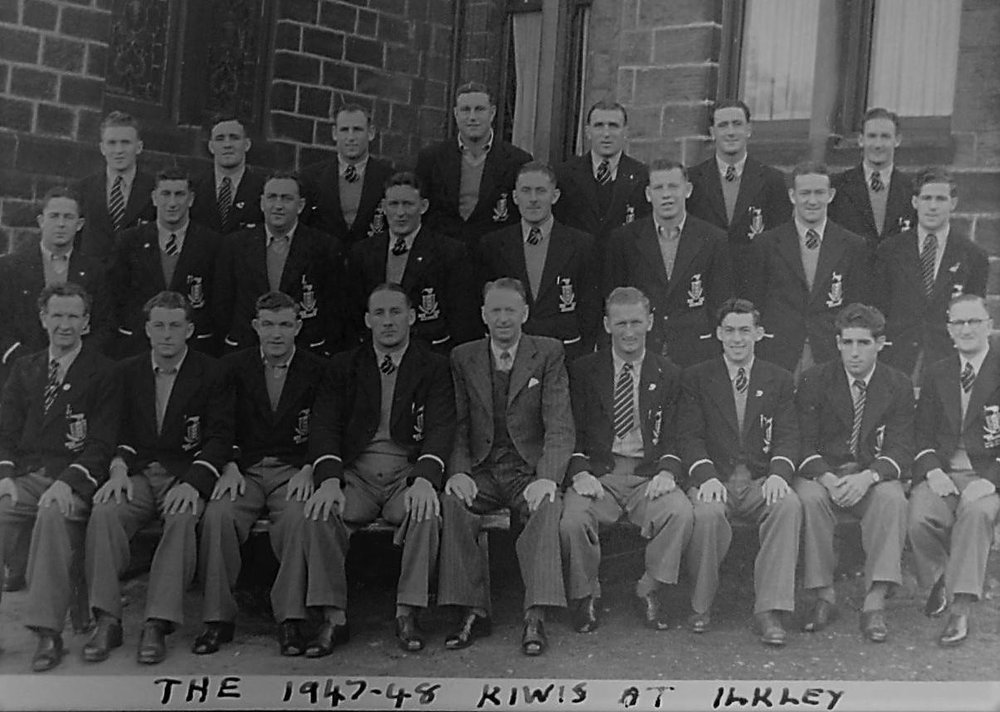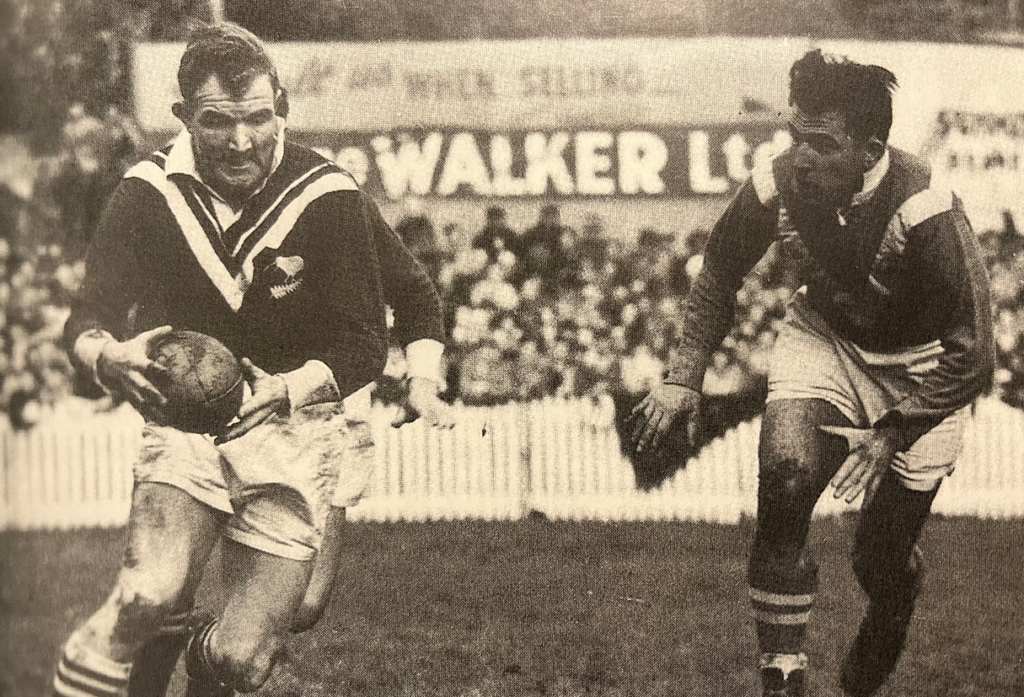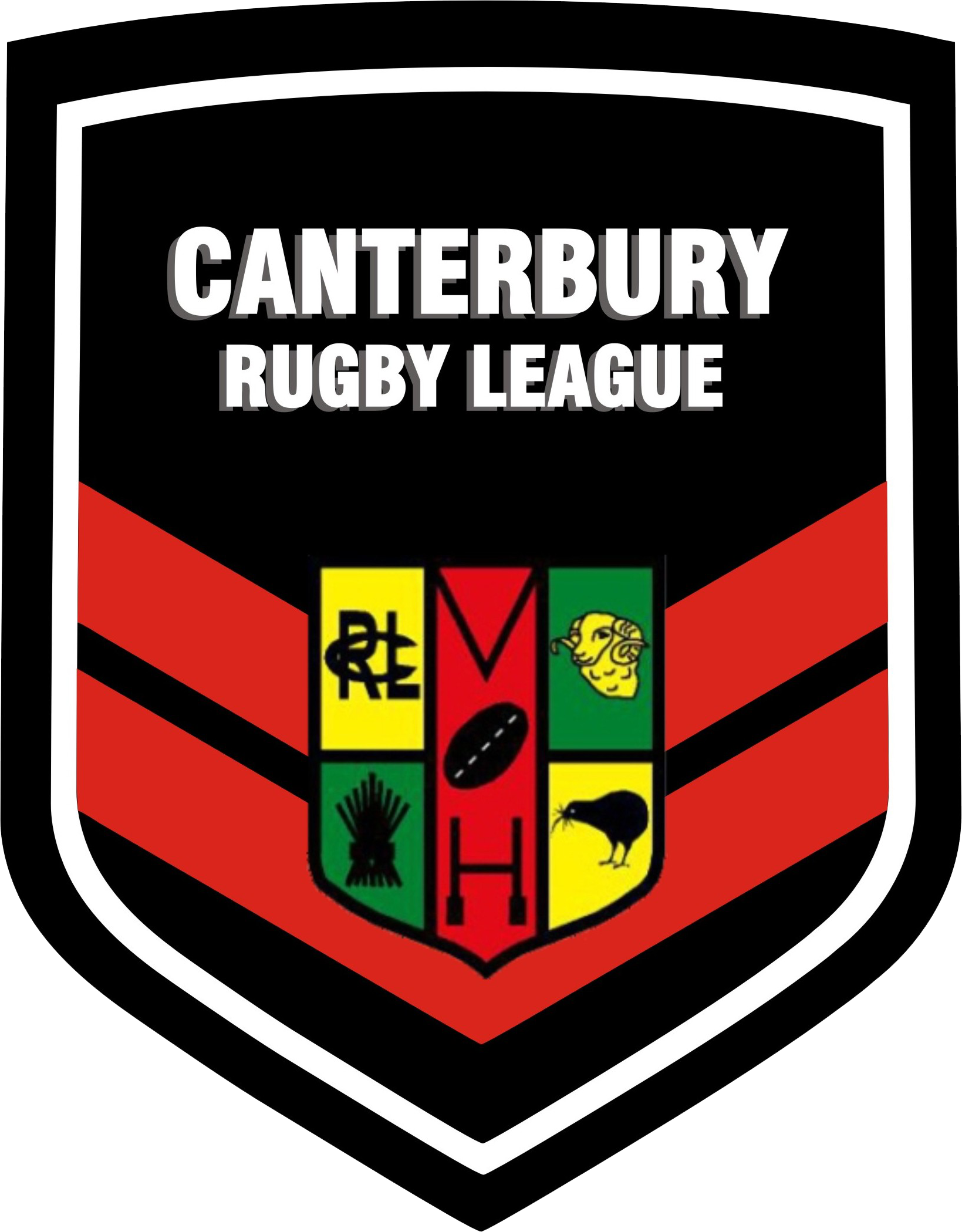FLASHBACK FRIDAY: JIMMY HAIG – OTAGO & CANTERBURY LEGEND
Ahead of Sunday’s crunch NZRL National Premiership clash between Otago Whalers and SENZ Canterbury Bulls in Dunedin, Flashback Friday celebrates the only player to represent the Kiwis from both provinces – dual international and legendary halfback of the 1940s and ’50s, Jimmy Haig.
Haig was the first player to represent New Zealand in rugby union and rugby league in the post-World War II era – and the last dual international for more than 40 years. The Otago-bred halfback’s sporting legacy unquestionably lies predominantly with the 13-a-side code, however, playing 21 Tests for the Kiwis after moving to Canterbury in 1947.
Born in Scotland but emigrating to New Zealand at a young age with his family, Haig and his talented sporting brothers grew up in Kaitangata. He made his debut for the Otago rugby union side as a 20-year-old in 1945 from the Kaikorai club and played two Tests for the All Blacks – their first in eight years due to the war – against Australia the following season.
Older brother Laurie would later play nine Tests for the All Blacks from 1950, by which time Haig was well-established as the Kiwis’ first-choice halfback.
Haig switched codes and joined the Prebbleton club in 1947, snaring a place in New Zealand’s squad to tour Britain and France at the end of the year. His family later revealed part of his motivation for going to league was to make the tour and visit his grandparents.
But Haig suffered the misfortune of breaking his ankle on debut against St Helens, sidelining him for two months. He returned to play in the deciding third Test at Bradford – won 25-9 by Great Britain – and both matches of the drawn series in France. In The Kiwis: 100 Years of International Rugby League by John Coffey and Bernie Wood, the tale of Haig missing the team bus before the first Test and his frantic rush to reach Parc des Princes in time for kick-off is recounted.

Injury ruled Haig out of the Kiwis’ 1948 tour of Australia and put him behind the eight-ball to face Australia at home in 1949 (though he did represent South Island against the visiting green-and-golds), but he cemented the Test halfback role in 1950.
Haig starred in the 2-0 series sweep of the 1950 Lions, playing a leading hand in the 16-10 win in Christchurch and scoring two tries and kicking a goal in the 20-13 victory at Carlaw Park.
The plucky playmaker featured in the controversial one-off Test win over the touring Frenchmen in 1951 – enduring a broken cheekbone – before being named Kiwis vice-captain for the tour of Britain and France. With regular skipper Morrie Robertson battling injury, Haig led New Zealand in three of the seven Tests among his 24 appearances on tour and scored a try in the defeat of Wales.
Haig was a key component of the twin series victories over Australia on the 1952 tour under the captaincy of Travers Hardwick and at home in 1953 as skipper.
He was a foundation player for Marist in 1952 but returned to Otago in 1954, leading the Kiwis in their 2-1 Test series loss to Great Britain in what would be the 29-year-old’s international swansong; the incumbent skipper was unavailable for the inaugural World Cup in France later that year. A shoulder injury saw Haig hang up the boots in 1955.
Ken Stirling passed Haig’s record of 21 Tests at halfback for the Kiwis during the 1970s (since overtaken by Gary Freeman, Stacey Jones and Shaun Johnson), while Kurt Sherlock became the next All Black-Kiwi dual international in 1989.
Haig passed away in 1996, aged 71, and was inducted to the NZRL’s Legends of League in 2013.
JIMMY HAIG
NEW ZEALAND (1947-48, 1950-54)
21 Tests – 3 tries, 2 goals (13 points)
32 tour matches – 6 tries, 4 goals (26 points)
-1947-48 Kiwis tour of Britain and France
-1951-52 Kiwis tour of Britain and France
-1952 Kiwis tour of Australia


